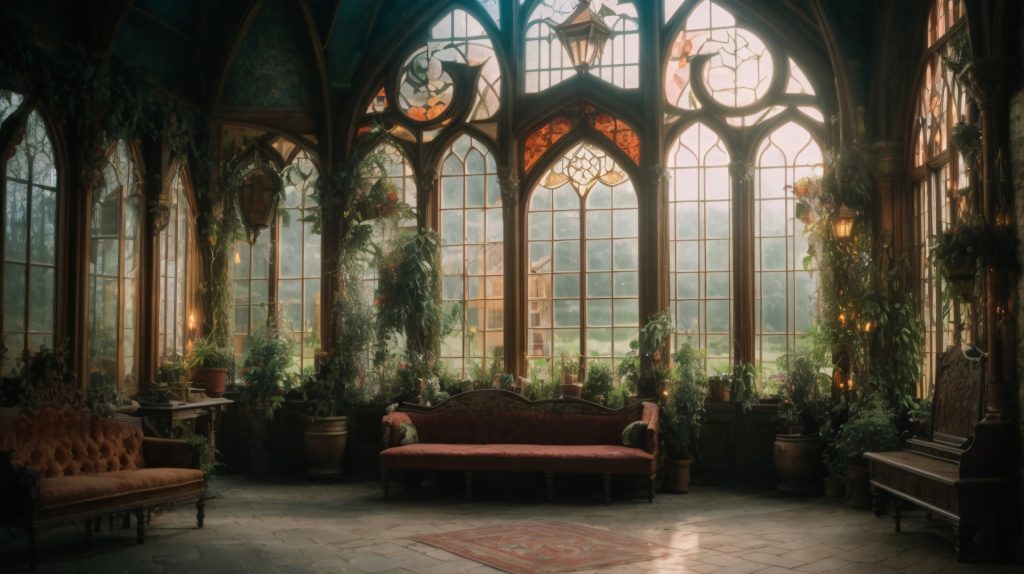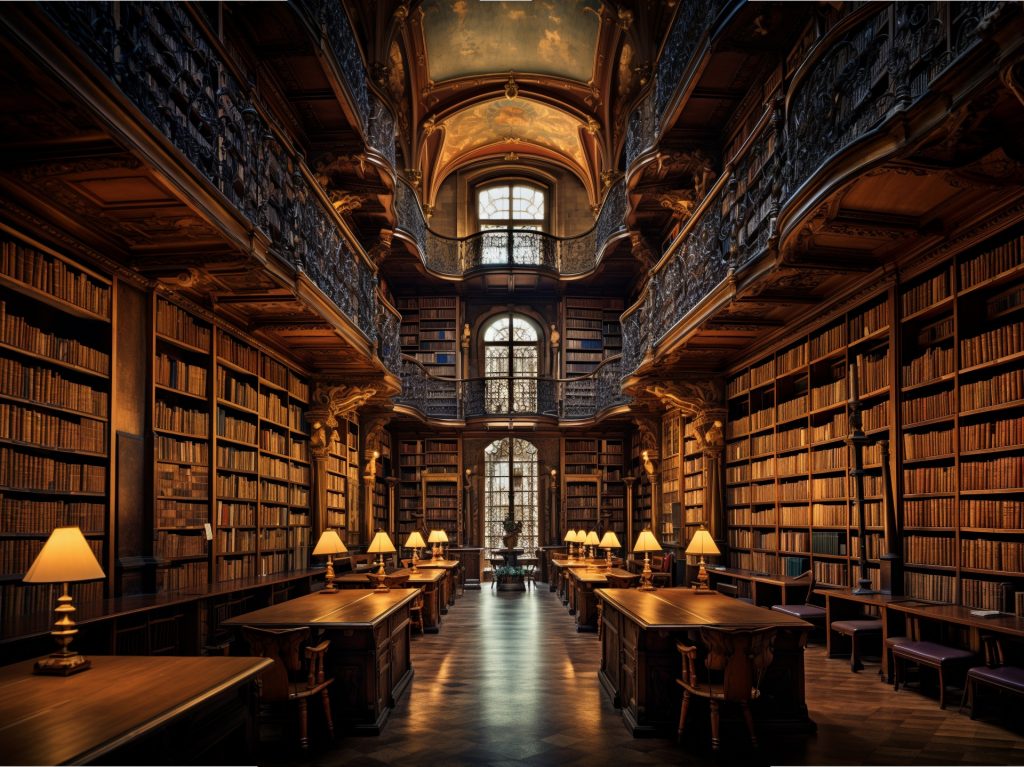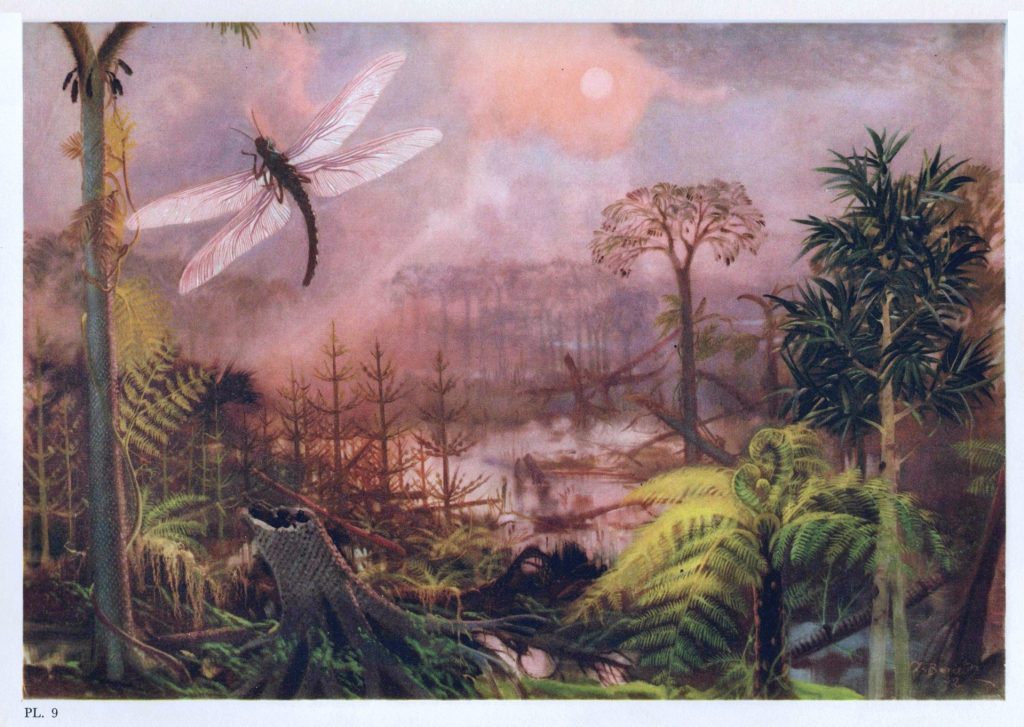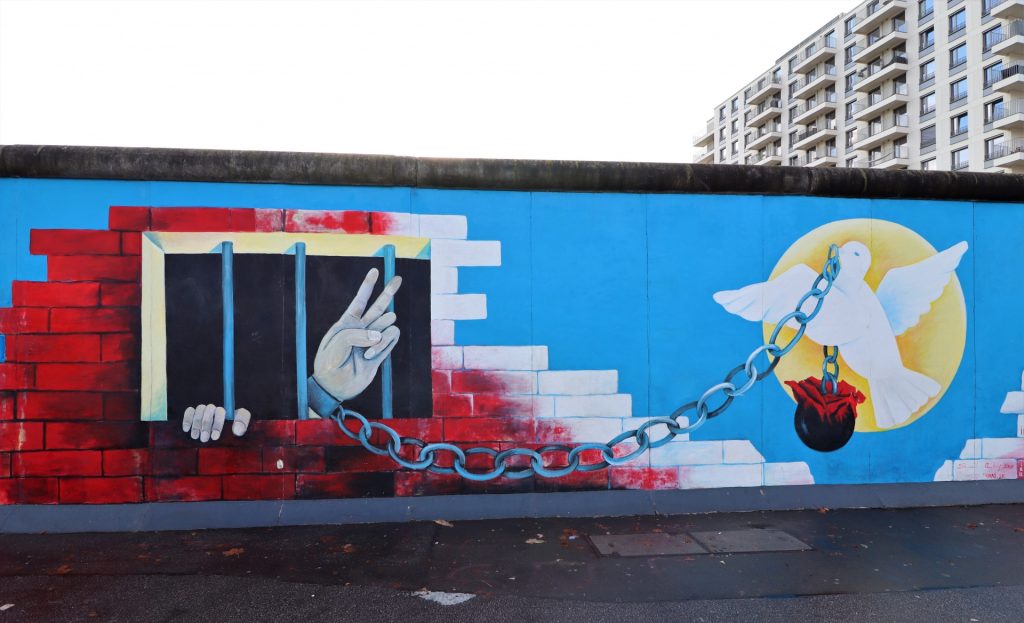La Fenetre de Paris announces a submission opportunity for poets. Poetry anthology Water: The Source of Life seeks submissions
Contributor Taylor Dibbert seeks reviewers for his new poetry book On the Rocks. Please email us at synchchaos@gmail.com if you’re interested.
Also, we will stop accepting submissions for November’s first issue on October 25th. You may still submit after that date, but your work will go into our second issue for the month.

Now, for this month’s second issue, Learning From History.
Sayani Mukherjee muses on the rise and fall of the Roman Empire.
Kelly Moyer’s film, created together with Hunter Sauvage and starring Robert P. Moyer and Annie, draws on ancient myth to understand the United States’ modern political situation. Abigail George analyzes the strengths and weaknesses of certain leadership styles illustrated by Donald Trump and several African leaders. Patricia Doyne speaks to the hubris of American political leadership. Andrew Brindle and Christina Chin’s tan-rengas explore society’s injustices and contradictions.

Ivan Pozzoni’s poetry declares his speaker’s independence of mind as an artist and offers critiques of government funds’ being taken from ordinary taxpayers to bail out large banks. Bill Tope’s short story celebrates the power of understanding and empathy for people at all social levels. Poet Eva Petropoulou Lianou interviews poet Til Kumari Sharma about the importance of gender equality, humanity and empathy, and living with solid morals. Til Kumari Sharma reviews Brenda Mohammed’s poetry collection Break the Silence, about ending drug addiction, domestic violence, and human trafficking. Nordona Norqulova describes strategies world governments use to combat terrorism. Til Kumari Sharma also expresses her hope for a world where women, children, and everyone is treated with respect.
Patrick Sweeney’s one-line senryus decenter the author as head of the universe. Mark Young contributes a fresh set of altered geographies. Baskin Cooper describes encounters slightly mysterious and askance. Christopher Bernard describes the frenzied, ghostly glamour of Cal Performances’ recent production of Red Carpet.
Brian Barbeito reflects on the wonder and spiritual curiosity he finds in natural landscapes. Su Yun’s collection of poetry from Chinese elementary school students reflects care for and admiration of the natural world and also a sense of whimsy and curiosity. Stephen Jarrell Williams’ short poems depict an escape from overcrowded cities back into nature. Vaxabdjonova Zarnigor discusses the chemical composition of chia seeds and their nutritional value. Nidia Garcia celebrates the natural environment and urges people to plant trees. Madina Abdisalomova reminds us that environmental care and stewardship is everyone’s responsibility.

Mahbub Alam extols the beauty of morning and nature in his Bangladeshi home. Jonathan Butcher’s poetry explores the different rooms in which we make our lives and the stories they could tell about us. J.T. Whitehead shows how external cleaning can parallel interior personal development. Srijani Dutta discusses her personal spiritual journey in prayer to the divine of at least a few faiths.
Alexandros Stamatoulakis announces his new novel The Lonely Warrior: In the Wings of the Condor, about a man discovering himself in the midst of a tumultuous modern environment. Chris Butler’s wry poetry explores long-lasting, but hopefully not implacable, truisms of the human condition. Ana Glendza speaks to the fear and insecurities that come with being human. Kavi Nielsen speaks to the experience of loneliness and rejection.
Noah Berlatsky satirizes faux-human tech support and our efforts to understand our whole world through technology. Timothee Bordenave outlines innovative ways to improve electricity transmission as Abdurofiyeva Taxmina Avazovna discusses treatments for cataracts.

Zarifaxon O’rinboyeva’s short story presents a woman overcoming poverty and grief to become a physician. Doug Hawley reflects on the ups and downs of summer jobs. Turdiyeva Guloyim’s poetic essay shares a complex emotional tapestry of childhood village memories. Rahmataliyeva Aidakhon highlights the importance of grasping folktales to understanding Uzbek heritage and culture. Madina Azamjon highlights the literary importance of Hamid Olimjon’s writing and how he drew on Uzbek folk culture for inspiration. Gulsanam Qurbonova extols the linguistic and cultural education she has received at her university. Ermatova Dilorom Bakhodirjonova explains the intertwined nature of Uzbek language and culture and the need to preserve both.
Mukhammadjonova Ugiloy celebrates her school and the sports and student leadership education she received there. Choriyeva Oynur outlines benefits of integrating technology into education. Abdirashidova Ozoda outlines the importance of encouraging and fostering creativity for preschool students. Nilufar Mo’ydinova discusses ways to encourage second language acquisition at an early age.
Anila Bukhari’s poetry celebrates the creative spirit surviving amid poverty and oppression. Taro Hokkyo’s prose poem details his protagonist’s escape from emotional and spiritual darkness to rise to the heights of creativity. Alan Catlin’s barman odyssey explores the roots of creative inspiration.
Emran Emon speaks to the recent Nobel Prize award for world literature and the value of writing. Abdusalimova Zukhraxon outlines strategies for teaching the Uzbek language to foreign students. Abdusaidova Jasmina Quvondiqovna shares some of her art and expresses her pride in her native Uzbekistan. Jumanazarova Munojot Elmurod qizi suggests ways to help young children learn to tell time. Qurbonova Madinaxon discusses the importance of games and play in children’s education. Hayotkhon Shermatova outlines issues with Uzbekistan’s educational system and how to address them. Azamova Kumushoy illustrates the importance of teaching language students how to analyze literary texts.

Duane Vorhees revels in erotic sensuality and the learnedness of ancient history. Perwaiz Shaharyar’s poem, translated to English and Italian by Maria Miraglia, celebrates the beauty of the positive aspects of many cultures’ concept of the feminine.
Ismoilova Gulmira celebrates the strength, thoughtfulness, creativity and resilience of Uzbek girls and young women. Abduqahhorova Gulhayo’s poem takes joy in the grace and kindness of young Uzbek girls. Svetlana Rostova finds beauty in everything, even ugliness, loss, and death.
Graciela Noemi Villaverde praises the creative insight of her dance teacher. Saparov Akbar outlines his personal quests and passions and his desire to educate himself and elevate his life. Mesfakus Salahin’s poetry celebrates the artistic inspiration that can come from romantic love.
J.J. Campbell details his middle-aged, disillusioned quest for love or maybe just a little break from reality. Donia Sahib speaks to spiritual and earthly love. Teresa Nocetti’s poem urges a loved one to invite her into their life. Eva Petropoulou Lianou shares a tale of lovers in search for one another.

Graciela Irene Rossetti’s poetry revels in tender gentleness. Mirta Liliana Ramirez expresses the pain of being shamed for who she is. Rezauddin Stalin speaks to partings and farewells. Umida Hamroyeva expresses her love and longing for a departed person.
Ahmed Miqdad speaks of the forgotten sufferings of ordinary people in Gaza. Fiza Amir’s poetry evokes the many personal losses and griefs of wartime. Jacques Fleury reviews Joy Behar’s play My First Ex-Husband, which explores marital and relationship issues in a way that is relatable for many people, married or single.
Mykyta Ryzhykh presents a protagonist who explores alternatives and then revels in his ordinary humanity. H. Mar. shares the joy of day-to-day human companionship.
We hope this issue provides artistic, emotional, and intellectual companionship to you as you peruse the various contributions.
